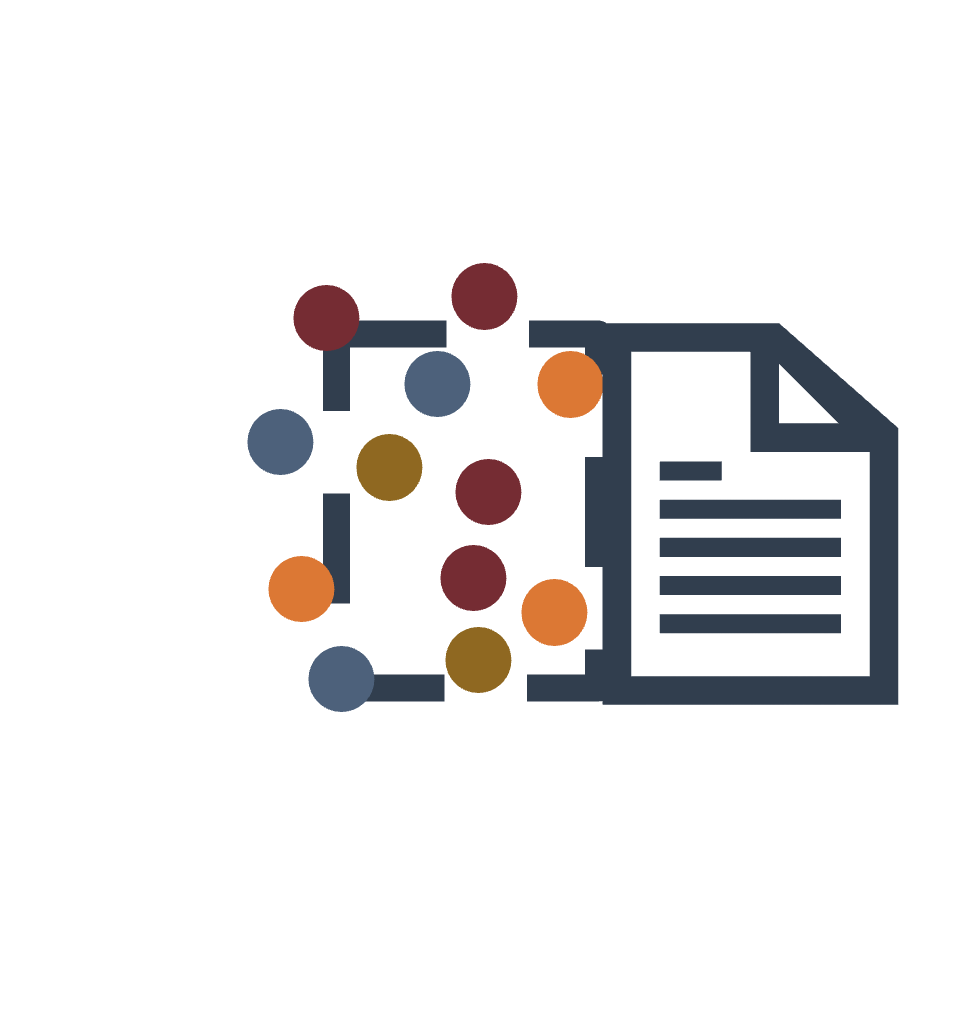“These ‘one size fits all’ containers are containers that people with FASD don’t always fit in.”
Individualization
What we need to know:
Individuals with FASD are unique; there is no “one size fits all” housing solution. Rather than asking people to adapt to suit their housing, supports, housing, and policy should be able to adapt to the individual. Finding ways to individualize housing can be simpler than you think!
Adaptable Housing: Housing That’s Made to Change
Along with suitable, safe housing, participants described the benefits of housing that can be adapted to the individual and their needs.
Aspects such as lights with dimming features, removable closet doors and reinforced walls can create a customizable basis on which individualized housing can be built.
Flexible Policy: A Fluid Approach to Rules and Regulation
Policies, rules and regulations with a “one size fits all” approach often end up with unintended consequences (e.g., a “no knives allowed” preventing tenants from learning how to cook).
Participants discussed the need to develop policies which ebb and flow according to individual needs. Individualized, responsive policy would greatly benefit housing services and support. These policies should be developed alongside individuals with FASD, their families and community agencies.
“You don’t go to a restaurant and get told what you’re going to eat, right? ”
What we need to do:
The individualization of housing can be promoted through:
Promoting flexible housing, able to adapt to accommodate aging
Linking tenants to social & support workers
Supplementing communication between housing providers & tenants
Balancing benefits of rural environments with available resources
Supports should not be added and removed as people change and grow: rather, they should change to support the person throughout their lifespan, thereby remaining consistent.
What can supports and service providers do?
Collaborate with FASD-specific groups for long-term, experience-based training
Take a trauma-informed, culturally supportive, non-judgemental approach to care
Build individualization into programming early on
Support current staff to ease turnover and promote retention; trusting relationships are difficult to replace
What can policy makers do?
Push for coordination between ministries & the formation of interdepartmental committees
Seek out research that brings forward the voice of those with living experiences to support your initiatives
Build fluid, responsive, person-centered policy
Fund and support community services in their housing initiatives
Individualization in Action
Developing individualized supports for housing individuals with FASD doesn’t have to be hard. Many practical solutions can be very simple but can go a long way in supporting individuals’ ability to thrive. Watch Joseph, an individual with FASD, explain the different ways he has been able to individualize his housing to be supportive of his needs.
Simple Ways to Support Individualization
Click on the examples below to see different ways individualization can be applied. Remember, there are no “one size fits all” solutions!
-
Many individuals with FASD have challenges with misplacing items. An easy solution could be to offer a keypad entry or to put keys on a wearable lanyard, depending on the preferences of the individual.
Keep in mind:
Memory is a brain domain that is impacted by FASD. Throughout the day, there are many opportunities to leave items behind, or forget where they were placed. Using a keypad is an easy way to prevent those opportunities from occurring altogether.
Policies that don’t allow for duplicating keys or the adapting of locks can make life more difficult for this individual—and the landlord they need to contact to be let into their apartment.
-
Consider what might be done to simplify the many cleaning processes it takes to keep a space clean, such as providing the contact information of a trusted cleaning service, providing basic cleaning equipment in the living space (e.g., a broom), or collaborating with the person to create a cleaning schedule together.
Keep in mind:
The act of “cleaning” refers to many different tasks. All of these tasks can be broken down into minor processes, like going to the closet to get the broom, finding the dustpan, and so on. With brain differences, it’s important to find the process that is causing the problem. (E.g., when the closet doors are closed, the individual forgets about the broom within the space.)
As spaces become less clean, the act of cleaning can become more and more daunting. Offer support early in the process, before any breaking points can be reached.
-
Having a “point person” for an individual with FASD can have great benefits. Consider who the individual can come to with their questions, and when/how they will be given this information. (E.g., if multiple contacts are necessary, consider providing a contact list with descriptions upon moving in.)
Keep in mind:
A “point person” can be a case worker, caregiver, support person, or whomever best works to support the individual.
Support works best when everyone is working together, including housing service providers.
-
Consider working with the person to set up an automatic deposit, or automatic reminders that are sent to them through their preferred method—i.e., a method that will work for them.
Keep in mind:
Memory is one of the main domains that can be impacted by FASD.
Policies that require a particular app or type of payment can make things difficult for individuals with FASD, who may have their own systems put in place to support their finances.




